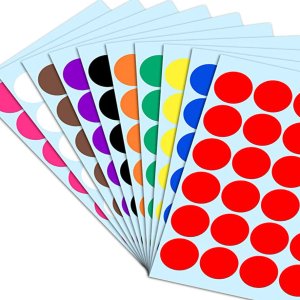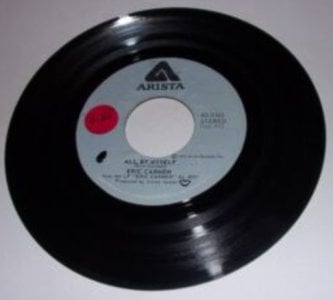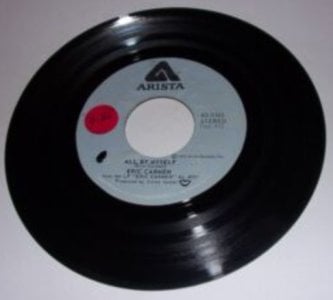Back in the old days, like the 80's and 90's, how did DJ's keep track of the last time that a song was played? For example, if the DJ on the shift before your shift had played a song in the last hour, how would you know, unless you happened to be listening? I always wondered if there were some way to make a note of the time of day when the song was played. For example, if you played a Janet Jackson song on your shift, then how would the DJ whose show started immediately after your show be aware of when you played that song?
In the 80's or 90's, if you are playing songs digitally with a computer program, then was there a way to note on the computer the last time that the song was played? Thank you, from Daryl
I know b-turner answered, but you might need some background for that answer. This is a very basic explanation.
In another thread, I posted a "hot clock". It's designed by the Program Director to dictate when which types of records get played.
The chart is split into categories. Again, really simply, let's say you have a top 30 plus three hitbounds. And let's say that you've determined that there are seven really big records out of those 33. The rest are either not at their peak yet, or are past their peak and on their way down the chart.
So you create three categories---one for the hottest, another for the up-and-comers, and another for those heading down. You can call them category A, category B and category C respectively (some stations used colors---like red, yellow and blue).
Let's say the station was still playing 45s. You get a box, a three-hole cubby, and put it with the openings facing up. You put the seven A records in the front hole, the B records in the middle hole and the C records in the last hole.
The simplest way to do the rotation is to tell the DJ to play whatever record is in the front of the stack when that category comes up and to put it in the back of that stack after they play it. If you're playing three As an hour, and you have seven As, and the jocks obey the system, It will be more than two hours before the same record comes up again in that category.
The other categories operate from the same principle, but with different math.
Jocks will occasionally skip the front record for a good reason (incompatible with the song before it, same artist played a couple of songs ago, perhaps as an oldie, etc.) and occasionally for a bad reason (they don't like it and want to push it off to the next jock).
Oldies were a bit more complicated. Some stations had a signout sheet for the jock to note when an oldie was played and a policy of how many days needed to pass between plays and between plays in the same timeslot. Others had the oldies put in a bin after being played and the Music Director kept them out of the library for x number of days. And some stations pre-programmed the oldies...they were put on the music log in advance by the PD or MD and the jock filled in the current songs as they were played.
Again, this is the most basic setup possible---many stations had a greater number of categories and rotations and it got very complex. By the computer era, it wasn't so much about tracking what the jock played as dictating what the jock played.



